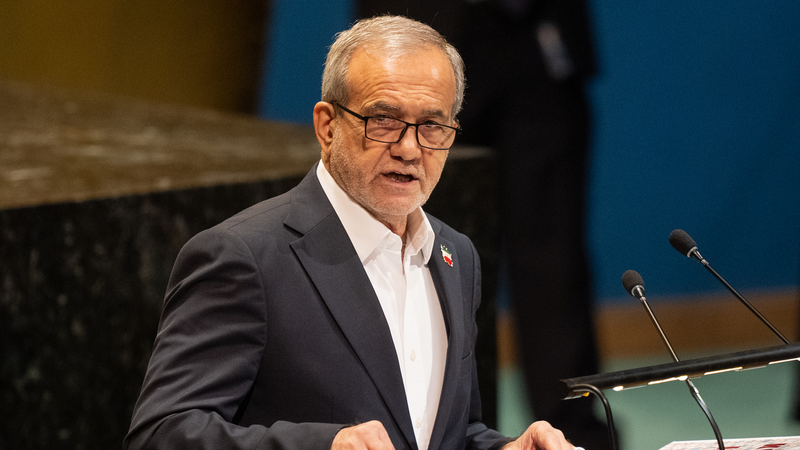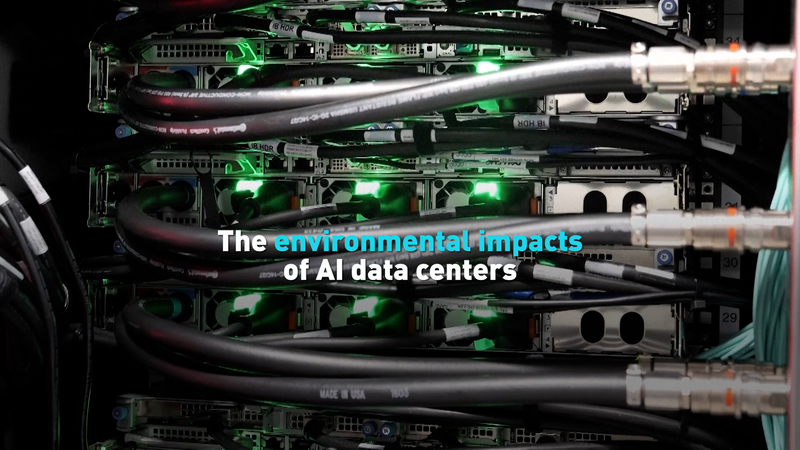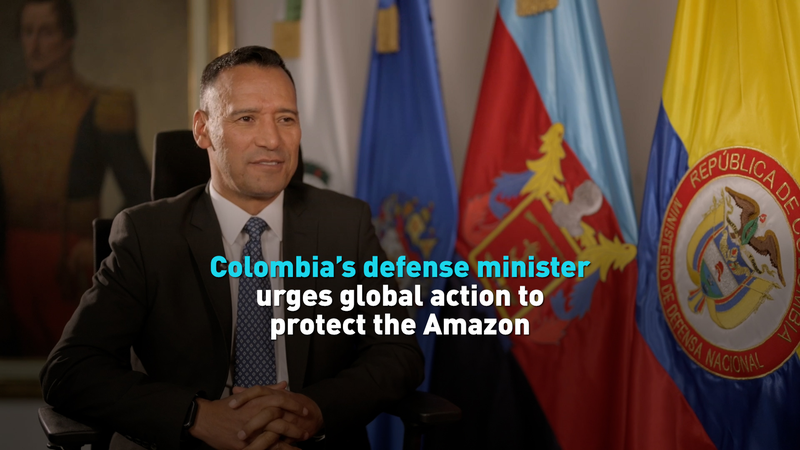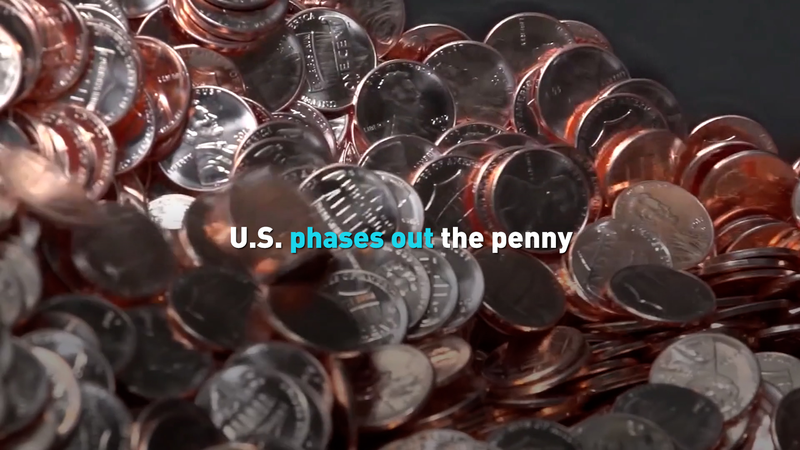At Tehran's airport on Saturday, President Masoud Pezeshkian didn't hold back: the United States is the main roadblock to reviving the 2015 nuclear deal, the Joint Comprehensive Plan of Action (JCPOA). His comments came just hours before UN sanctions lifted under that pact were set to snap back into effect.
During his trip to New York for the UN General Assembly, Pezeshkian told French, British and German officials – who triggered the so-called "snapback" mechanism – that Iran is ready to work with the International Atomic Energy Agency (IAEA). Yet he accused the US of "raising fresh pretexts" to derail a return to the table. "The reality is that the United States cannot tolerate a strong Iran and wants to weaken our country," he said.
Last month, France, Britain and Germany invoked the snapback clause of the JCPOA, restoring UN sanctions in exchange for limits on Tehran's nuclear program. In response, Iran recalled its ambassadors to those three capitals, and Foreign Minister Abbas Araghchi blasted the move as "illegal, void and has no standing."
"The U.S. betrayed diplomacy. The Europeans buried it," Araghchi said, laying the blame squarely on Washington and accusing European powers of inaction.
Signed in 2015 between Iran and six world powers, the JCPOA has been under strain since the United States withdrew in 2018. Tehran has since rolled back its compliance step by step, and now finds itself back under UN sanctions just as talks to revive the deal stall.
As sanctions return, the region watches closely: can cooler heads find a path back to diplomacy, or will tensions keep heating up? 🌍⚛️
Reference(s):
Iran slams U.S., Europe as nuclear deal sanctions set to resume
cgtn.com




